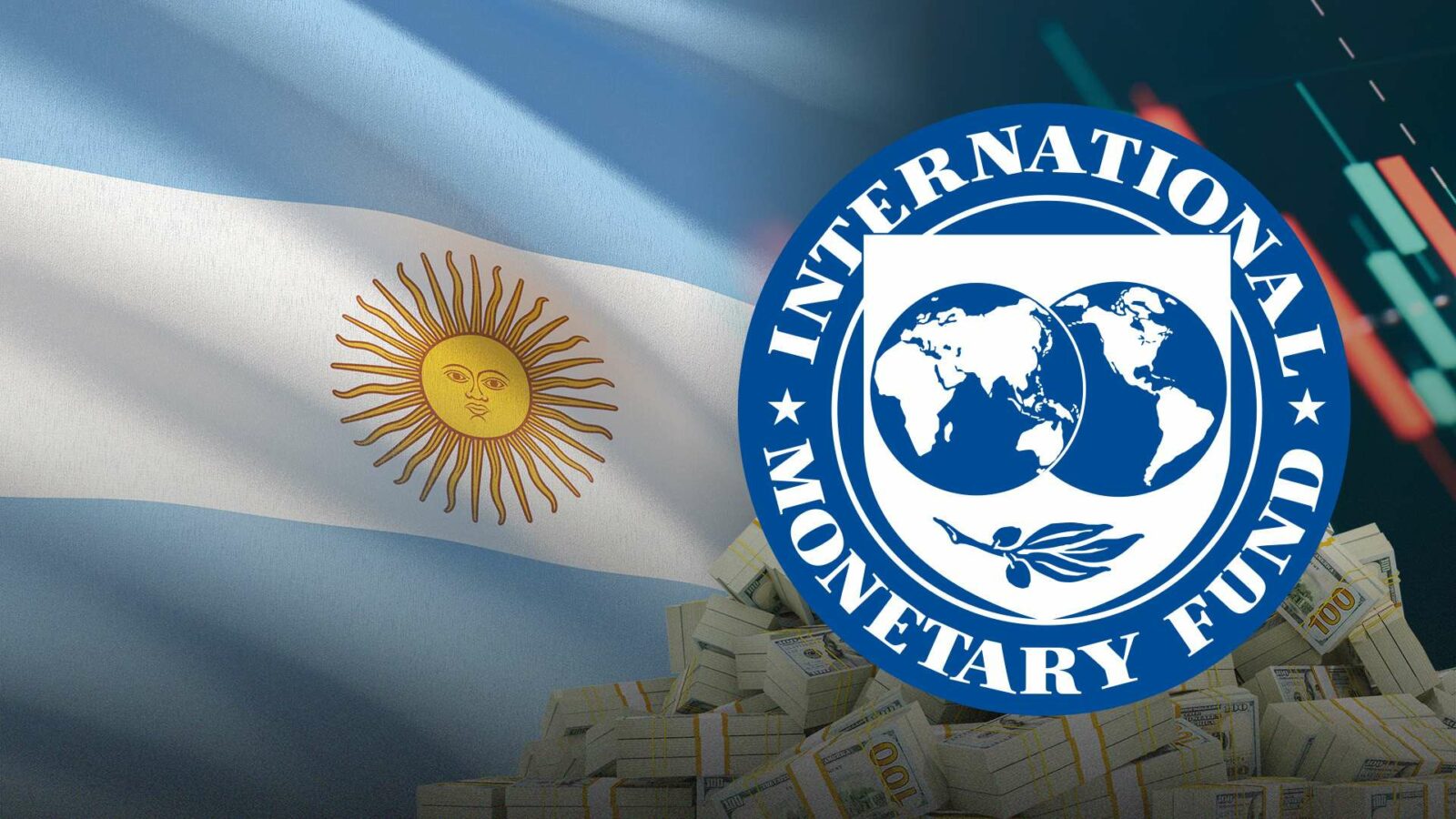One loan, multiple interests
One loan, multiple interests
By Fernando Esteche, from Buenos Aires / Argentina
“Argentina has shown that this time it is different,” said Kristalina Georgieva, Managing Director of the International Monetary Fund (IMF), during the 2025 Spring Meetings of the IMF and the World Bank. What could have been read as a technical remark was in fact a political act: The explicit validation of an ultra-liberal experiment promoted and financed by Washington.
Georgieva unequivocally praised Javier Milei’s government for its “fiscal discipline” and “deep structural reforms.” She noted that, after a declining economy and runaway inflation, “the country is now in control.” But the most worrying part of her speech was the one that highlighted the interventionist nature of the IMF: “Argentina will have elections in October, and it is essential that the will for change is not derailed.” A statement that, from the country’s largest multilateral lender, and in practice from the White House, implies direct intervention in Argentina’s internal political process.
Far from generating scandal or rejection among the ruling class, these statements were welcomed by the ideologically colonized political superstructure. Mauricio Macri, for example, was quick to reaffirm that his position would guarantee the continuity of the policies promoted by the Fund, revealing once again the close interweaving between the local right and the interests of global financial capital.
An unprecedented loan… and with known risks
The new agreement with the IMF, approved thanks to the direct support of the United States despite the rejection of nearly half of the organization’s board, provides for a $20 billion loan. The first disbursement, $12 billion, is freely available – a first in the history of the Fund’s agreements with Argentina.
Thisdefinition of freely available means the government can use the money without specific restrictions. In practical terms, it allows for intervention in the foreign exchange market—for example, to contain the price of the dollar or create a semblance of stability—but it also enables capital flight, as occurred with the funds from the agreement signed by Mauricio Macri’s government in 2018. That experience left the country with depleted reserves, rampant inflation, and unpayable debt.
Today, the same scenario is repeated, but with an even more worrying twist: the very design of the loan enables financial speculation. Corporations such as J.P. Morgan have issued explicit recommendations to their clients to take advantage of the Argentine situation through carry trades: A strategy that consists of entering short-term speculative capital to obtain extraordinary returns thanks to high domestic interest rates and the illusion of a contained exchange rate.
Argentina as a geostrategic piece
So why persist in this failed model? Because Argentina isn’t just a fiscal or monetary problem: it’s a strategic node in the struggle for control of the Global South. Its privileged geographic location, its food and energy export capacity, its reserves of lithium and other critical minerals, its extensive maritime shelf, its Antarctic reach, and its availability of freshwater make it a priority target for the US-led reorganization of global power.
Washington is not willing to lose control over this key territory to the advance of China, Russia, or other emerging powers. The presence of the IMF—as the technical arm of that control—is combined with high-level diplomatic visits. The recent arrival of US Treasury Secretary Scott Bessent was the final seal of this geopolitical shield. Bessent praised the government’s economic measures and promised additional support if the course is maintained, demonstrating that, beyond any ideological differences or public insults—such as those launched by Milei in Davos against the LGBT community, to which he himself belongs— business is business.
The risk: A new bubble and a new collapse
This new cycle of debt and external tutelage does not seek national development or the well-being of the majority, but rather the consolidation of a business climate attractive to global financial capital. The “stability” being sought is not that of employment, production, or equity, but rather predictability for the profits of transnational capital.
But that same logic has proven unstable, explosive, and unsustainable. Dependence on speculative funds generates bubbles that, when they burst, leave the country in more precarious conditions than before. In this sense, the free availability of credit does not represent autonomy, but rather a dangerous freedom to repeat familiar mistakes: flight, debt, recession, and adjustment.
A warning for the future
Credit is not a reward, but a trap. It is granted not for economic merit, but for geopolitical obedience. And it is paid not only in dollars, but in sovereignty, social justice, and the capacity for self-determination. The IMF—far from any neutrality—is today a political and strategic actor, coordinated with US power agencies and subordinated to its agenda of controlling the Global South.
With this new agreement, Argentina once again becomes both an experiment and a warning. This warning is not only for our country, but for all of Latin America: debt as a mechanism of domination, and economic policy as a geopolitical battlefield.
The challenge, therefore, is not simply to renegotiate better. It is to rebuild political sovereignty, national productive capacity, and an economic project that does not depend on the goodwill of creditors, but on the organized strength of the people.

















Leave a Reply